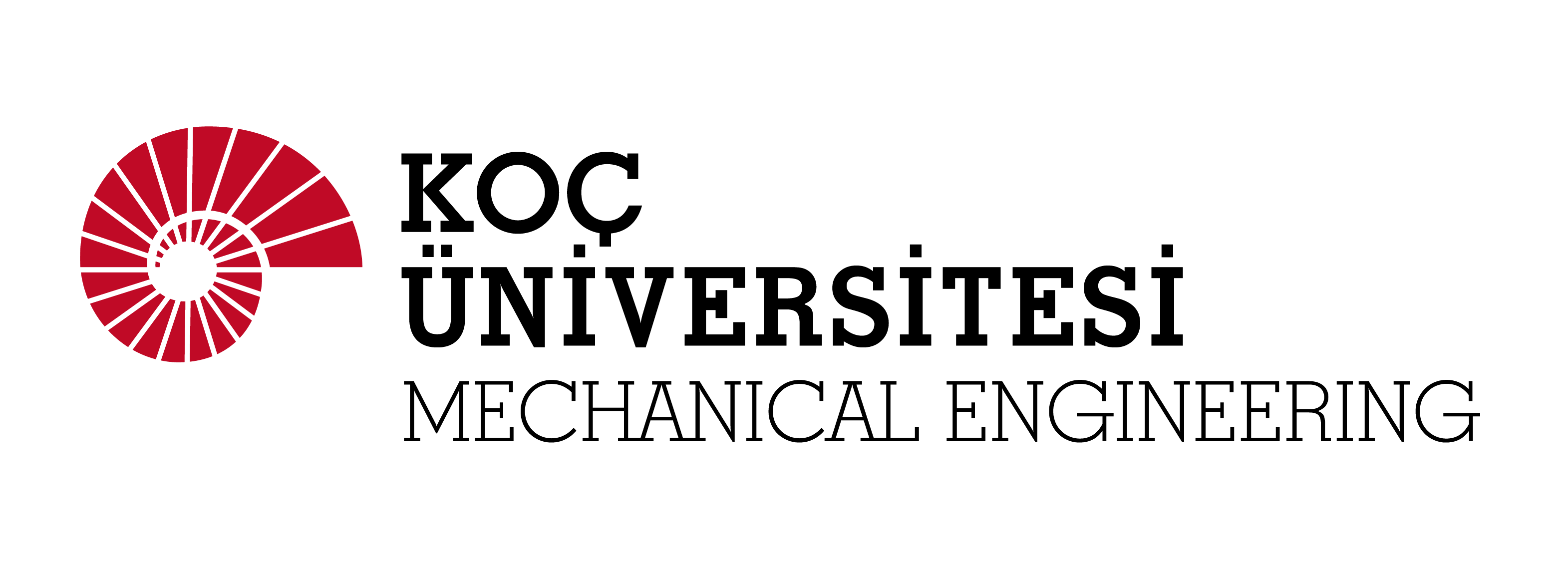Mechanical engineers use the basic principles of motion, energy, and force to design and manufacture a vast range of products. Mechanical engineering is a creative profession in which students are trained to conceive, construct, test, and operate all kinds of mechanical, thermal, and biomedical devices. Today’s mechanical engineers may work on developing robotic systems for manufacturing; develop a prototype of an electrical car; build and test turbojets for supersonic travel; design and produce advanced materials for medical purposes, such as the mechanical heart valve; fabricate components for micro and nano electro mechanical systems ranging from optical micro switches to active drug delivery chips.
The Mechanical Engineering Program at Koç University aims to graduate high-caliber mechanical engineers for a demanding profession. We want our students to identify, formulate, and solve engineering design problems that are encountered during product design, system analysis and manufacturing processes. The undergraduate curriculum emphasizes the basic principles of the discipline and educates students in the use of these principles to solve complex engineering problems. Emphasis in the freshman and sophomore years is on mathematics, chemistry, physics, engineering mechanics, CAD/CAM design, materials, and thermodynamics. The junior and senior years are devoted to machine design, heat transfer, fluid mechanics, system dynamics and control. Throughout the curriculum, laboratory work and design projects are stressed. The students learn how to design and conduct experiments and to collect, analyse, and interpret data. During their senior year, students work in teams on industrially sponsored design projects. Elective area courses in advanced materials, mechatronics, computational fluid dynamics, vibration, robotics, nanotechnology, micromechanics, computer integrated manufacturing and automation provide a holistic perspective on mechanical engineering. The Mechanical Engineering faculty actively conducts research in the areas of materials processing and materials behaviour, fluid and thermal systems, control and vibration, mechatronics, micro/nano electromechanical systems, and manufacturing/automation.
